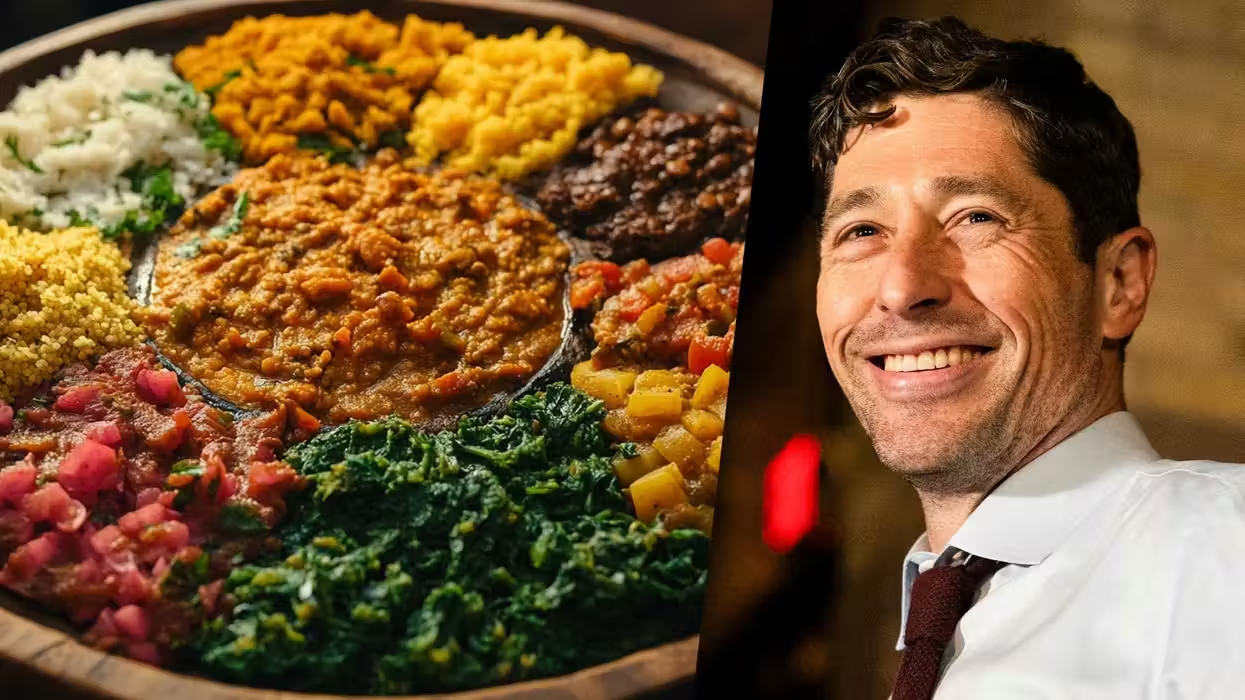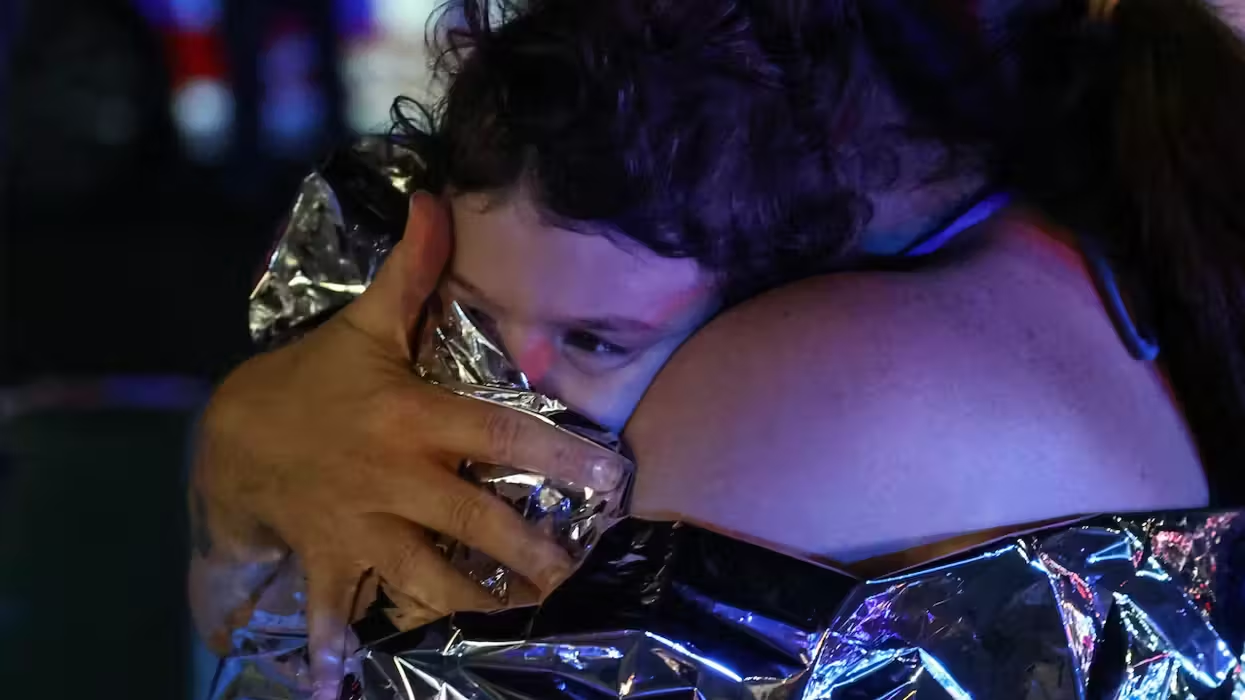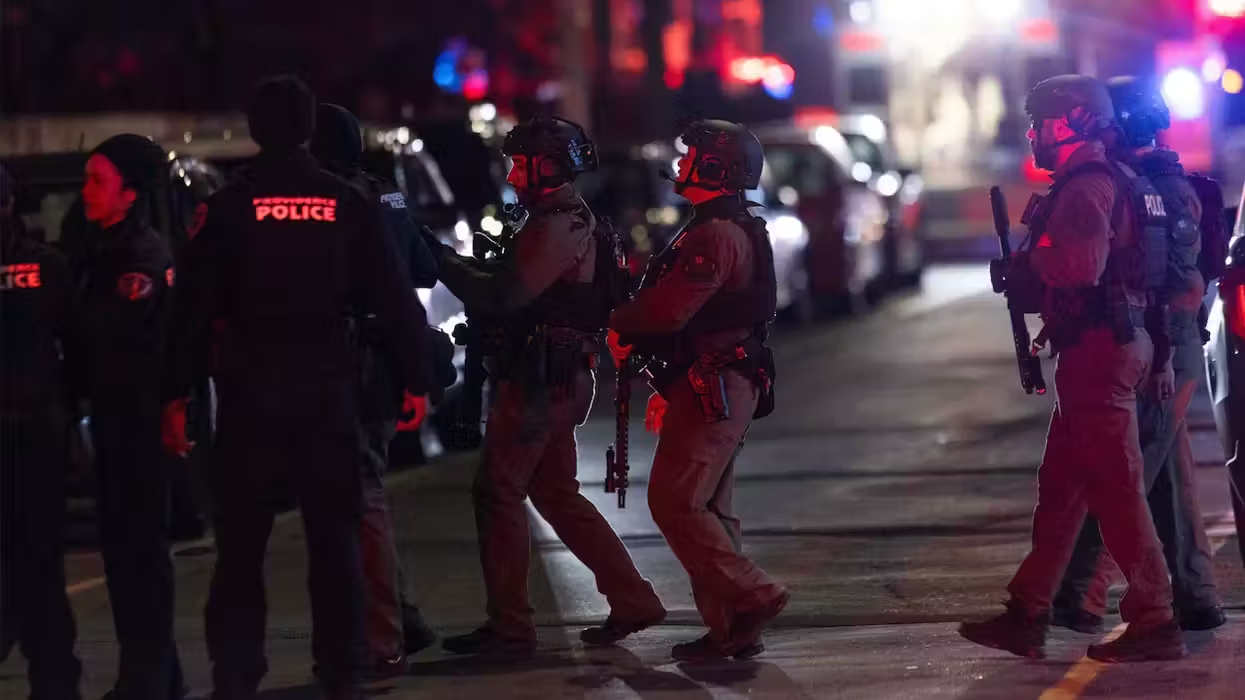 SANFORD, FL - JULY 01: George Zimmerman (R) talks with defense attorney Don West on the 16th day of his trial in Seminole circuit court, July 1, 2013 in Sanford, Florida. Zimmerman is charged with second-degree murder for the February 2012 shooting death of 17-year-old Trayvon Martin. Credit: Getty Images
SANFORD, FL - JULY 01: George Zimmerman (R) talks with defense attorney Don West on the 16th day of his trial in Seminole circuit court, July 1, 2013 in Sanford, Florida. Zimmerman is charged with second-degree murder for the February 2012 shooting death of 17-year-old Trayvon Martin. Credit: Getty Images
Eyewitness testimony. Those two words are usually a slam-dunk when brought up at trial. But what if eyewitness testimony was as useless as a screen door on a submarine? What if the words "eyewitness testimony" conjure more concern than hope?
According to a TV show recently re-aired on the National Geographic channel and forensic psychology expert Scott Fraser's research, we should not be putting as much stock in eyewitness testimony as you may think. And in fact, that caution could help shed some light on the George Zimmerman trial.
"Each time you revisit a memory, the pathways between [your neurons] are rewired, altering the brain physically, and the memory chemically, until ultimately we believe that which we remember to be true," the narrator says in an episode of the show "Brain Games" that aired in the fall of 2012 but aired again over the weekend.
In other words, your memories aren't as reliable as you think they are.
In fact, the show can prove it. Take a look at the opening of the program where it shows a robbery scenario. While the footage is grainy, the point is still clear:
But then later, the episode shows how unreliable the memory of those who witnessed the incident actually is. In it, observers describe what they swear they saw -- and then it's revealed how wrong and contradictory those recollections are.
"You don't really need a Ph.D. to know that as time passes memory fades. But what is less well known is that as the memory is fading it becomes more and more vulnerable," Dr. Elizabeth Loftus, a cognitive psychology expert who conducted the experiment and studies witness testimony, says in the episode.
And to prove that point that memories can be manipulated, she even "planted" witnesses who gave out misinformation in the National Geographic episode:
Why is that important? Consider that in the Zimmerman case there has been conflicting eyewitness testimony already on who, exactly, was yelling for help.
One witness swears it was a young boy (Trayvon Martin). Another says he thinks it was George Zimmerman. They could both be telling the truth based on what they think they remember. But what if their memories have faded? Or worse, what if they've been manipulated with information they've heard through the media in the last year-and-a-half?
It's a phenomenon that Scott Fraser knows all too well.
“All our memories are reconstructed memories," Fraser says in a TED talk from last fall. "They are the product of what we originally experienced and everything that's happened afterwards.”
Fraser has been studying human memory for years and has testified in numerous cases. Arguably his most popular work was in the 1992 murder case where a man named Francisco Carrillo was found guilty in a drive-by shooting and given two life sentences. There was one problem: the only evidence was based on eyewitness testimony on a dark night -- but Fraser proved, with the help of science, that there's no way the eyewitnesses saw what they thought they saw.
Carrillo was freed in 2011.
In his TED talk, Fraser goes through the fascinating details of the case, including the pictures he used to help convince the judge to grant a retrial. And because, in part, of the evidence he presented, the prosecution chose not to seek another trial:
How does help prove his case in general? Consider: Where do you remember you were the moment the second tower collapsed on 9/11? Were you watching in your living room on the morning of 9/11? Maybe you were in your office, watching just hours after the first tower collapsed?
Got the image of where you were?
Are you sure? Are you positive you saw that second tower come down on the same day?
You didn't (according to Fraser).*
Fraser says no footage of the second tower collapsing came out until about 24 hours after. What does that mean? Our minds have apparently convinced many of us to create a memory that doesn't exist.
Fascinating. Especially when you consider the George Zimmerman murder trial.
*Editor's note: Fraser is not claiming the second tower did not collapse on the first day, only that no footage of it doing so surfaced until a day later, even though many people's memories have convinced them otherwise.
This story has been updated.
--
We discussed this story and all the day's news on our live BlazeCast Monday. Watch the episode below:
--
[related]

 SANFORD, FL - JULY 01: George Zimmerman (R) talks with defense attorney Don West on the 16th day of his trial in Seminole circuit court, July 1, 2013 in Sanford, Florida. Zimmerman is charged with second-degree murder for the February 2012 shooting death of 17-year-old Trayvon Martin. Credit: Getty Images
SANFORD, FL - JULY 01: George Zimmerman (R) talks with defense attorney Don West on the 16th day of his trial in Seminole circuit court, July 1, 2013 in Sanford, Florida. Zimmerman is charged with second-degree murder for the February 2012 shooting death of 17-year-old Trayvon Martin. Credit: Getty Images






